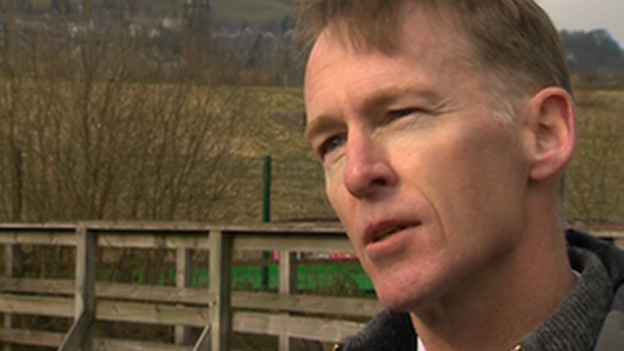Natural Resources Wales' culture 'not in a good place'
- Published
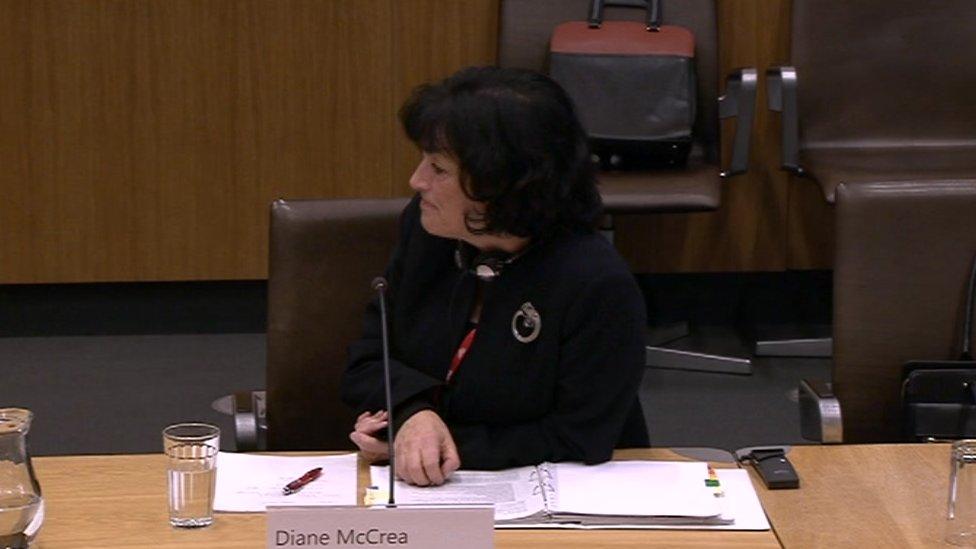
The culture of Wales' environmental body Natural Resources Wales (NRW) is "not in a good place", its chairwoman has said.
Diane McCrea was questioned by AMs about poor staff survey results that suggested only 10% felt it was well managed.
One Labour AM, Newport West's Jayne Bryant, called the results "devastating" and "shocking".
Ms McCrea said she could not guarantee that "it will get better by next year".
She and chief executive Emyr Roberts from NRW, which has seen budget and staff cuts in recent years, gave evidence to the assembly's climate change committee on Wednesday.
Just 11% of workers who answered the 2016 NRW survey said they had confidence in senior managers' decisions.
'Major issue'
Ms McCrea said: "It's very clear to us that the culture of the organisation is not in a good place.
"We need to put a major emphasis addressing where we're going in the future, looking at the strategy, ensuring that the people who work for us understand why there's so much change, while its impacting on their job, and what the ultimate goal and direction of travel is."
But she added that matters would not improve "overnight," telling AMs: "It won't be easy. I sincerely hope there will be some changes next year, because we're committed to undertaking the... survey next year.
"But I can't guarantee that it will all be better by next year. Anyone whose been involved in major cultural change within complex organisations knows how difficult that is."
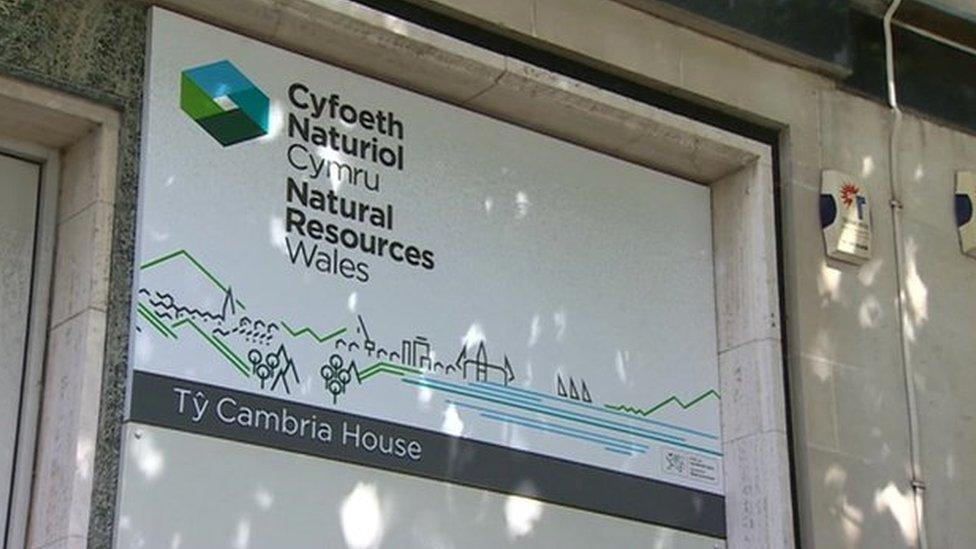
Jenny Rathbone, Labour AM for Cardiff Central, told the two senior officers that they would "both be dead meat by now" if they had been in the private sector.
"It just feels like the organisation is drifting whilst the staff really do not have a clear idea of what is expected of them," she said.
Ms Bryant told the committee she had heard anecdotal evidence that morale within the organisation was at "rock bottom".
Mark Reckless, committee chairman, added that he and his colleagues would expect to see "significant improvements" in "incredibly low levels of support" listed in the survey within a year "because they are so low".
Mr Roberts said he had a "very clear picture of what staff are saying to us" and said the organisation was "actively addressing these issues".
"But it is true to say we had to take some very unpopular decisions," he said. "We had to withdraw lease cars from a quarter of the staff which is a very unpopular move. We've had to withdraw some allowances for instance.
"Change is painful."
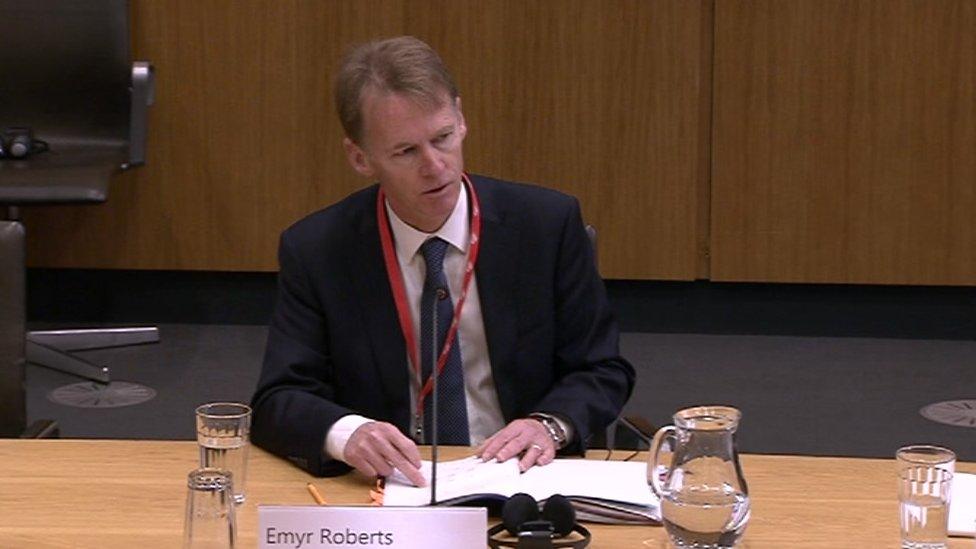
Emyr Roberts said NRW had suffered a 15% real terms cut over the last two years
NRW suffered a seven per cent (£6m) cut to its budget for 2016-17, on top of a 3% cut the year before.
During the current financial year the organisation has cut back on operational budgets by 10%, reducing posts through a voluntary redundancy scheme and changing the services it offers.
The redundancy scheme, which reduced the headcount by 100, has cost £4.7m.
"Having had a 15% real terms cut over the last two years, I think we were very concerned about going forward," said Mr Roberts.
The organisation is to receive a "cash flat" revenue settlement for 2017-18, he said, which gives NRW some "breathing space" to make sure services are "sufficiently resourced".
He added he was concerned by comments by Finance Secretary Mark Drakeford to other public sector bodies to "use this time wisely because further cuts are probably on their way afterwards".
"We have to take account of that," he said.
NRW was set-up in 2013 as a merger of the Environment Agency, Countryside Council for Wales and the Forestry Commission.
- Published15 June 2016
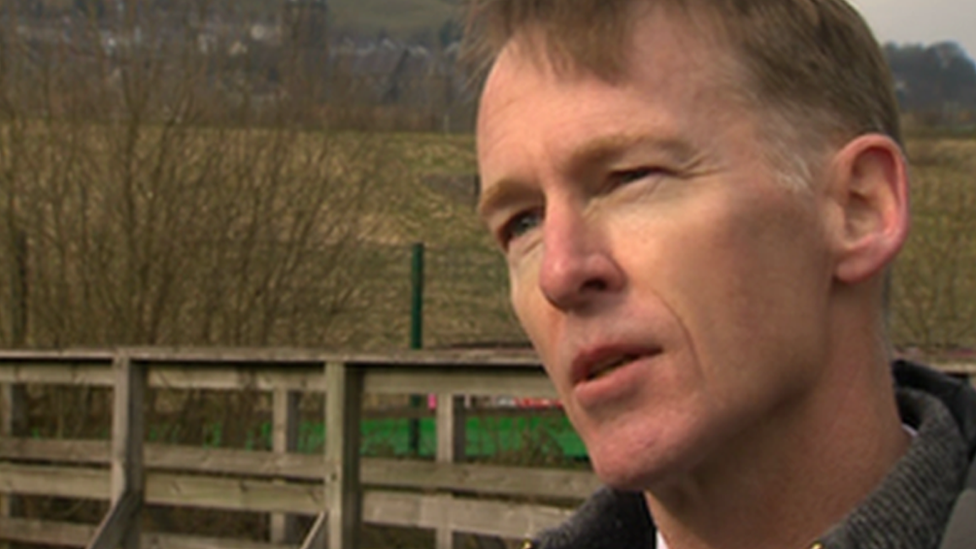
- Published28 April 2015
